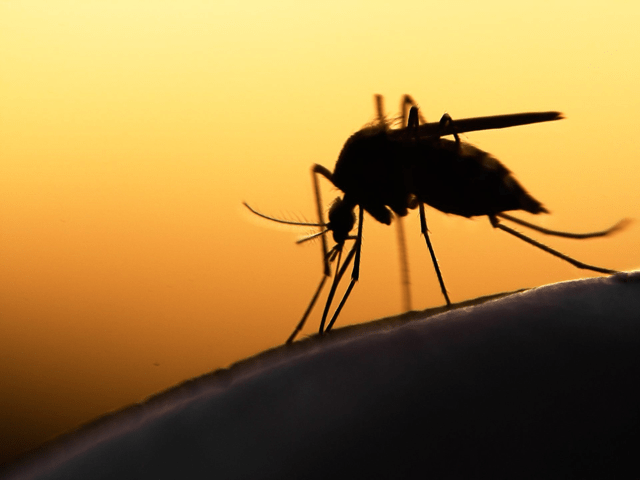Male Vs. Female Mosquitos

What You Need to Know About Male Vs. Female Mosquitos
Mosquitoes are infamous for biting people and spreading disease. More than 3,500 kinds of mosquitoes exist globally and often cause disease outbreaks in various communities. However, a mosquito’s sex affects its ability to transmit disease. Read more about these insects below.
Appearance
Male and female mosquitoes have different appearances, although the difference is apparent under a microscope. First, although mosquitoes vary in size from 2mm to 6mm, female mosquitoes are larger than males.
Second, male mosquitoes have a wider and bushy proboscis, which they use to feed on nectar. In contrast, a female mosquito has a needle-like proboscis to cut skin and feed on blood. Also, the male’s antennae have more fine hairs, making it appear significantly bushy to the naked eye. These fine hairs (flagella) help the male hear the female’s buzzing to facilitate mating. In contrast, the female antennae are plain and have odor receptors to detect blood.
Feeding
Mosquitoes get their energy and nourishment from nectar and fruit juices. Although mosquitoes feed on a variety of plants, every species has preferences. However, this diet is only enough for males. Females need to produce eggs using protein, which they get from human or animal blood. When looking for blood, the females live near their choice of prey, who can be humans, reptiles, mammals, or even birds.
The female’s antennae have sensory receptors that detect CO2, which animals exhale during respiration. Also, other receptors can sense heat and sweat, which lets the mosquito know that there is a warm-blooded animal close by.
Once a female lands on an animal, she probes the skin and uses her proboscis to inject saliva. The chemicals in the saliva thin the blood and numb and lubricate the skin. Additionally, the saliva has anti-coagulants to prevent the blood from clotting while she is feeding. Then, the female feeds until she is startled or until her gut is full. The lingering effects of these chemicals make the bite itch.
The feeding patterns of the female mosquito make them harmful as they easily spread disease. Mosquitoes get infected with viruses, parasites, and other germs when they bite infected humans or animals. As a result, they spread vector-borne illnesses like yellow fever, malaria, Rift Valley fever, and Zika.
Mating Behavior
A female mosquito only mates once in her life and fertilizes eggs using the sperm she stores in her body. On the other hand, a male mosquito needs to deposit sperm in as many females as possible. Then, the female mosquito lays up to 300 eggs in pools of still water to start the mosquito life cycle. The larvae will consume the algae and bacteria in the stagnant water as they grow. Then, the female flies off to find another source of blood.
Females rapidly beat their wings to attract a male, making the buzzing sound that renders these insects annoying. While males also beat their wings, they do so at a lower rate and are less noisy.
Lifespan
A mosquito’s egg-to-life cycle can take four days to 2 weeks. Male mosquitoes live for a mere two weeks, while the females can live for up to a month. Some females can hibernate over winter after eating a lot of sugar to have enough energy to lay eggs the following Spring.
How to Control Male and Female Mosquitoes
Mosquitoes are relentless predators and active disease spreaders. Thus, it is vital to discourage these insects from breeding near your home. First, ensure your home has proper drainage to ensure that water does not pool around your home. Mosquitos love stagnant water and will gather in the tiniest pools, such as those in containers.
If you identify breeding sites around your property, you need a seasoned pest control company to eliminate adult mosquitoes and larvae. Contact us today for effective solutions against mosquitoes.
Reach Out to the Local Pest Control Experts at Pest Assassins Today!
Mosquitoes are a small nuisance but shouldn’t be taken lightly. Call Pest Assassins in Newport, Warwick, Newton and North Attleborough or throughout our service area in Rhode Island and Massachusetts for a home and yard inspection. Get ready for the warmer months before mosquitoes can become the most active. Give us a call to learn more about our Mosquito Control Program.

